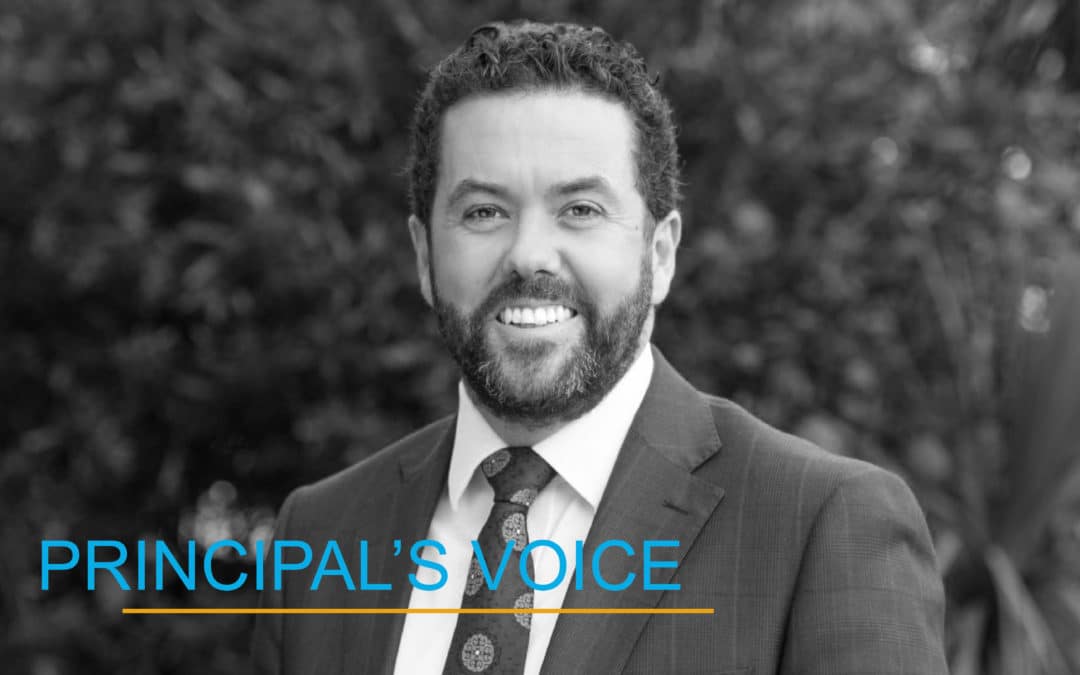“Having loved his own who were in the world, he loved them to the end.” – John 13:1
I recently referred staff to two significant articles published in the last month. The first, by Stan Grant, https://www.abc.net.au/news/2022-04-17/easter-forgiveness-essential-for-peace-and-justice/100994244 is titled “Easter’s hardest question: how can we forgive even the most heinous of crimes?” It starts as follows: “The Native American poet Diane Glancy writes: “It is a fragile gate, the opening of faith.” We enter into it with all our human frailty, our sin, and faith asks of us more than our rationality — it asks us to believe. In our relationship with God we find a new relationship with each other. Relationship beyond the fixed, bounded identities. As theologian Miroslav Volf would put it, we are asked to embrace what we would exclude. We become, he says, porous “bounded yet permeable”. In letting others in we do not lose ourselves but enrich ourselves.”
As he draws his argument to a close, Grant writes, “This Easter, we live in a world that is far from safe from evil. Whether one is Christian or not, the act of forgiveness is essential for justice, for peace. Jesus on the cross asks of us the greatest gift of grace, “that the love you have for me may be in them and that I myself may be in them” (John 17:26). But we live in the real world with all human frailty and it is hard to find ourselves in each other.”
The other article, https://www.theatlantic.com/magazine/archive/2022/05/social-media-democracy-trust-babel/629369/ by American psychologist Jonathan Haidt entitled “Why the Past 10 Years of American Life Have Been Uniquely Stupid: It’s Not Just A Phase”, is long. In it, he argues “The story of Babel is the best metaphor I have found for what happened to America in the 2010s, and for the fractured country we now inhabit. Something went terribly wrong, very suddenly. We are disoriented, unable to speak the same language or recognize the same truth. We are cut off from one another and from the past. It’s been clear for quite a while now that red America and blue America are becoming like two different countries claiming the same territory, with two different versions of the Constitution, economics, and American history. But Babel is not a story about tribalism; it’s a story about the fragmentation of everything. It’s about the shattering of all that had seemed solid, the scattering of people who had been a community. It’s a metaphor for what is happening not only between red and blue, but within the left and within the right, as well as within universities, companies, professional associations, museums, and even families. Babel is a metaphor for what some forms of social media have done to nearly all of the groups and institutions most important to the country’s future—and to us as a people. How did this happen?”
While Australia is not America, there are enough commonalities for the article to be worth noting. We have lost, as per the story of Babel in Genesis 11, our common language, our shared understanding. We now live in an era where the same thing can have vastly different meaning for different groups of people. Things that were taken for granted are now contested. Without trust, society atomises, communities fragment and relationships fall apart. Part of our work at NBCS is to build trust, even and especially at a time when it seems to be in decreasing supply, for all sorts of reasons, as both articles note. Another part of our work is to encourage our students to think and to give them the capacity to do so. While the ideas expressed above are complex, we are confident that our students are being equipped to grapple with the big issues that will help them to make sense of life, themselves, the world, and their place in it.
Tim Watson
Principal




